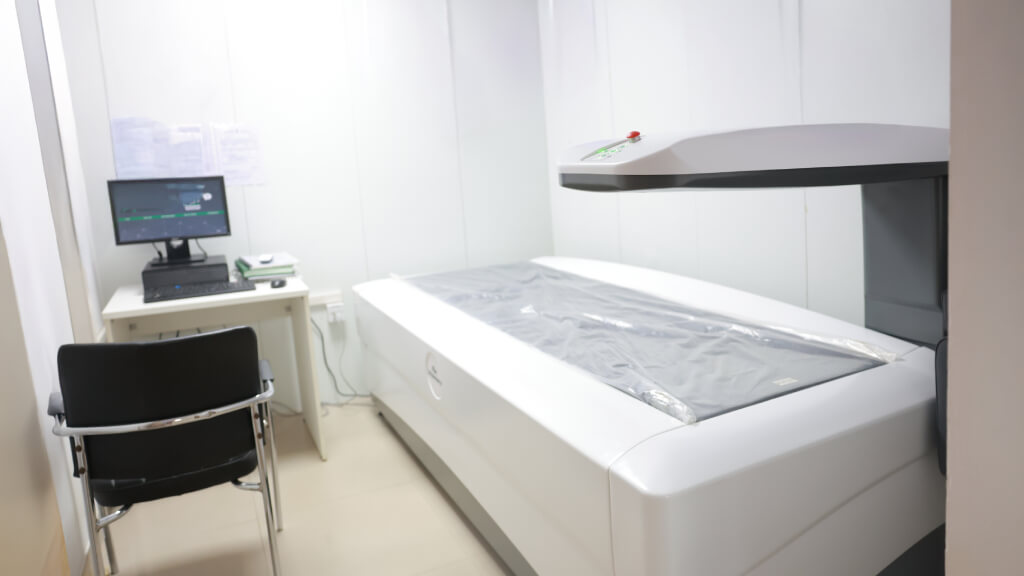Why Calcium Matters
Calcium is the building block of bone. Nearly 99% of the body’s calcium is stored in bones and teeth.
- Sources: Milk, curd, cheese, ragi, leafy greens, fortified foods.
- Supplements: Calcium carbonate and calcium citrate are most commonly prescribed when diet isn’t enough.
Without enough calcium, your body “withdraws” it from bones, weakening them over time.
Why Vitamin D Matters
Vitamin D is the key that unlocks calcium absorption. Without it, even the best diet won’t reach your bones.
- Sunlight is the main source: 15–20 minutes of midday exposure, with at least 20% skin exposed.
- Dietary sources: Fatty fish, eggs, fortified cereals and milk.
- Supplements: Often necessary in regions with limited sun exposure or in older adults.
Vitamin D also plays a role in muscle strength, mood, and even immune health—so its benefits extend far beyond bones.
The Perfect Partnership
When calcium and vitamin D work together:
- Bone density improves.
- Fracture risk decreases—studies show a 20% reduction in older adults with supplementation.
- Muscles function better, reducing falls (and by extension, fractures).
But Here’s the Catch
Nutrition is essential, but it’s only part of the story. Many people with healthy diets still develop osteoporosis because of:
- Hormonal changes (especially post-menopause)
- Long-term medication use (like steroids or thyroid drugs)
- Chronic illnesses affecting bone metabolism
That’s why measuring bone density is as important as eating right.
The Next Step
Calcium and vitamin D are your daily bone protectors. But to know whether your bones are truly safe, you need the full picture.


